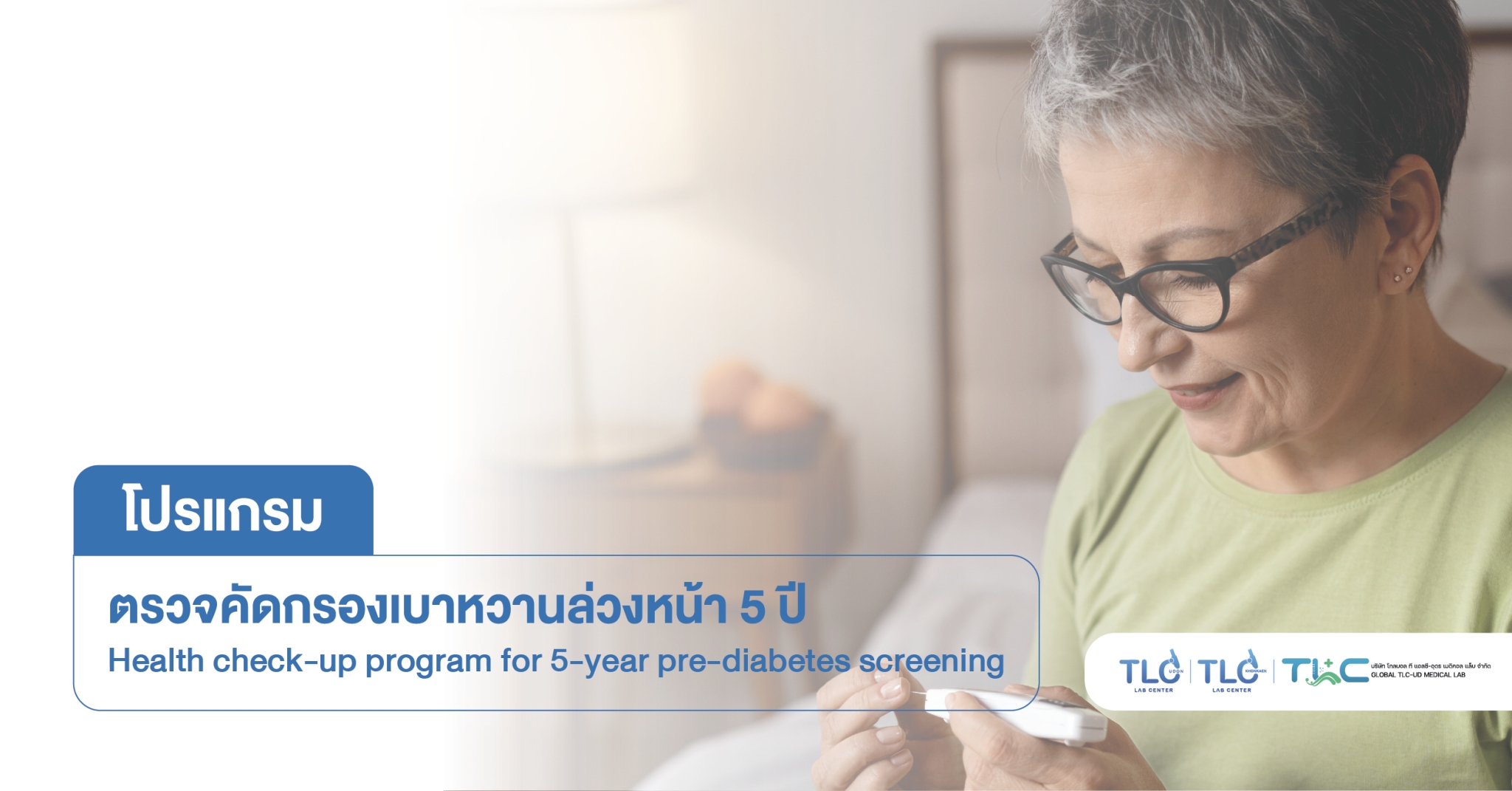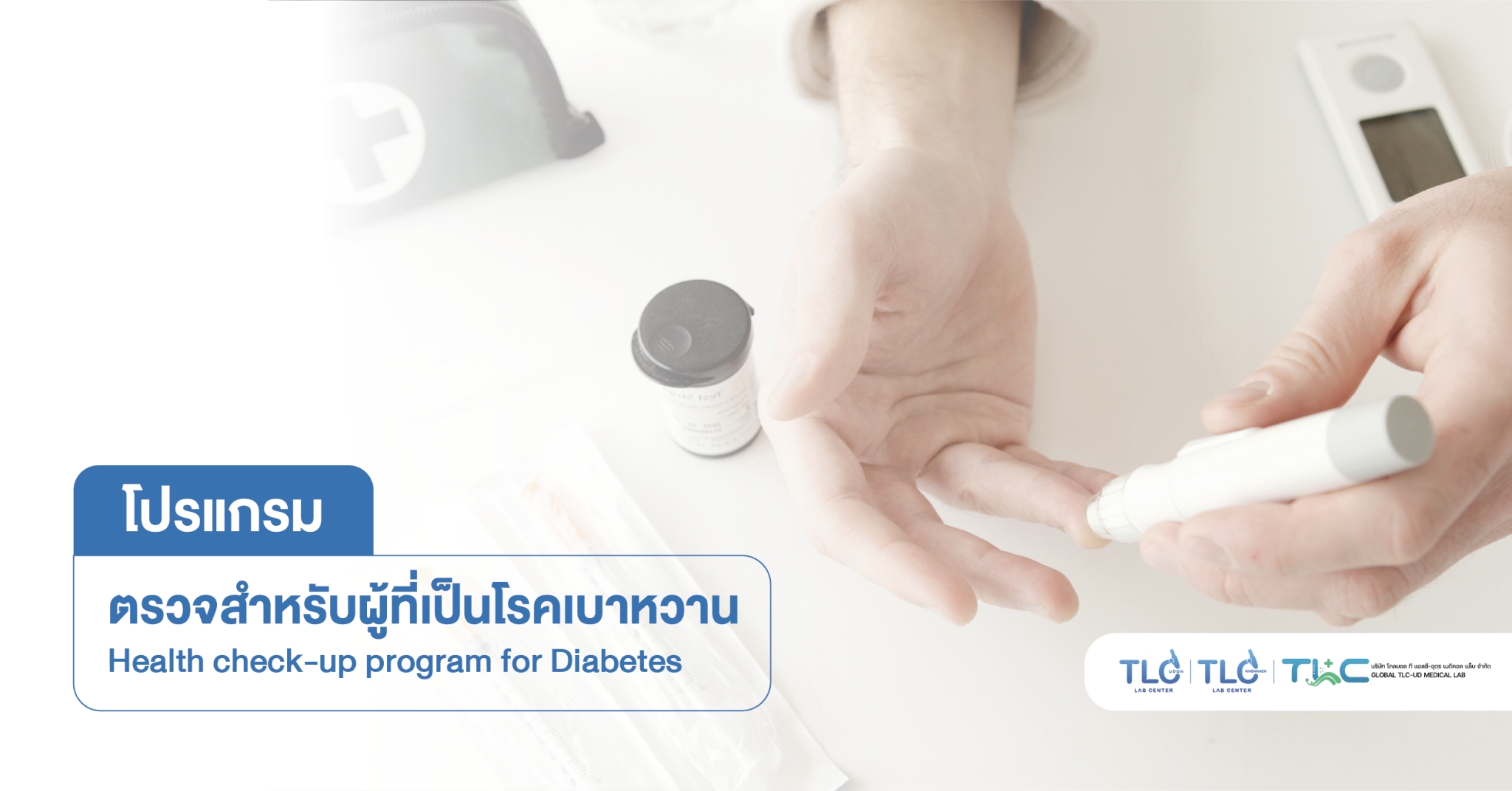What are Non-Communicable Diseases (NCDs)?
Non-communicable diseases (NCDs), are the conditions that are not caused by infectious agents and cannot transmission to others. These diseases progress slowly, with symptoms accumulating gradually over time. If individuals do not receive the appropriate health check-ups, they may be unaware of their condition and fail to treatment. As a result, the diseases worsen over time and eventually become a significant risk, impacting life in various ways.
The examples of NCDs include:
- Bedridden condition developed after suffering from stroke or paralysis.
- Persistent fatigue and shortness of breath.
Non-communicable diseases (NCDs) including:
- Diabetes (Read the article about diabetes, click here.)
- Cardiovascular diseases affecting the heart and brain (Read the article about Cardiovascular diseases, click here.)
- Hypertension (high blood pressure) (Read the article about Hypertension, click here.)
- Abdominal obesity (Read the article about Abdominal obesity, click here.)
- Pulmonary diseases such as emphysema
- Cancer (Read the article about Cancer, click here.)

Causes of non-communicable diseases (NCDs)
NCDs associate with behaviors and habits. These include eating habits, working patterns, stress, lack of exercise, and insufficient self-care.
To prevent NCDs, it’s crucial to be mindful of the following behaviors:
- Quit smoking
- Reducing alcohol consumption
- Adequate sleep and resting
- Stress relief
- Exercise regularly
- Seek medical advice when experiencing abnormal symptoms instead of self-medicating.
- Consume a healthy and balanced diet, avoiding excessively sweet, salty, or high-fat foods.
- Annual health check-up

















